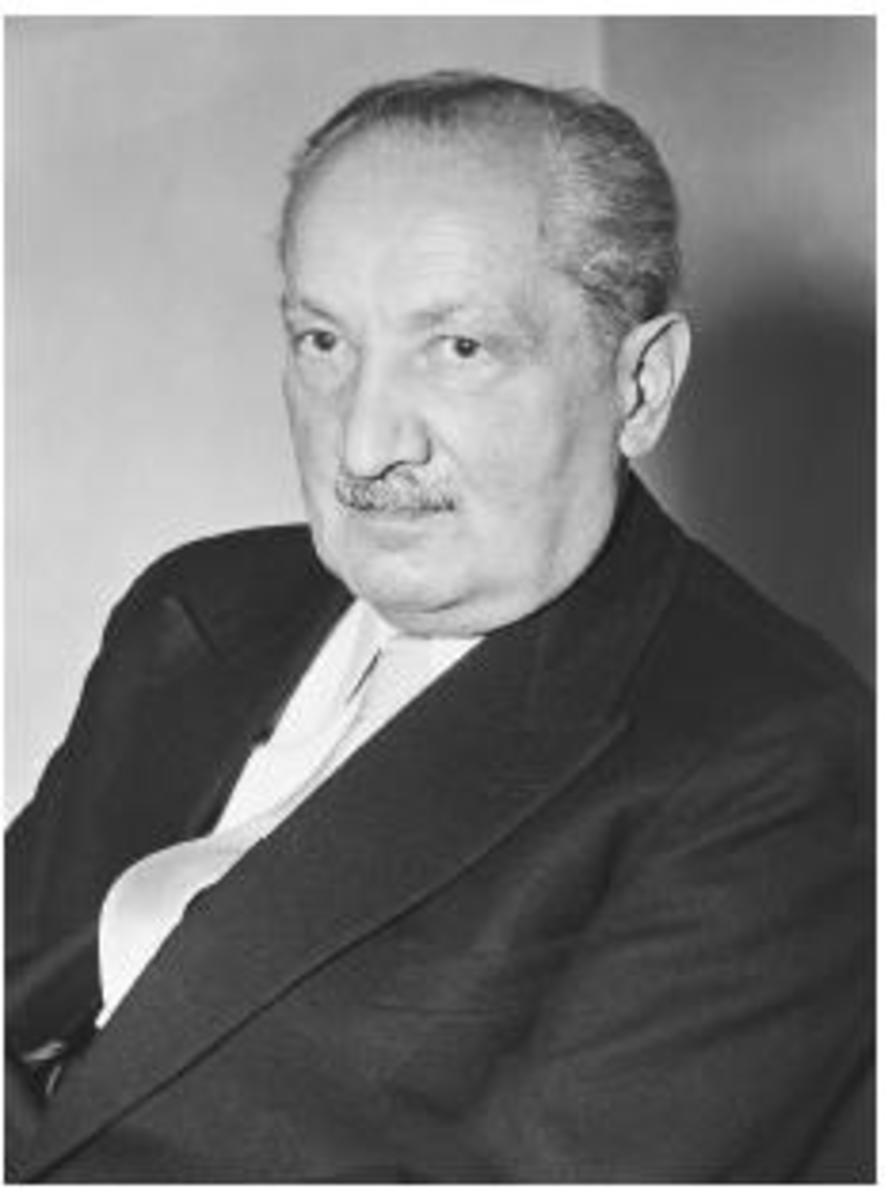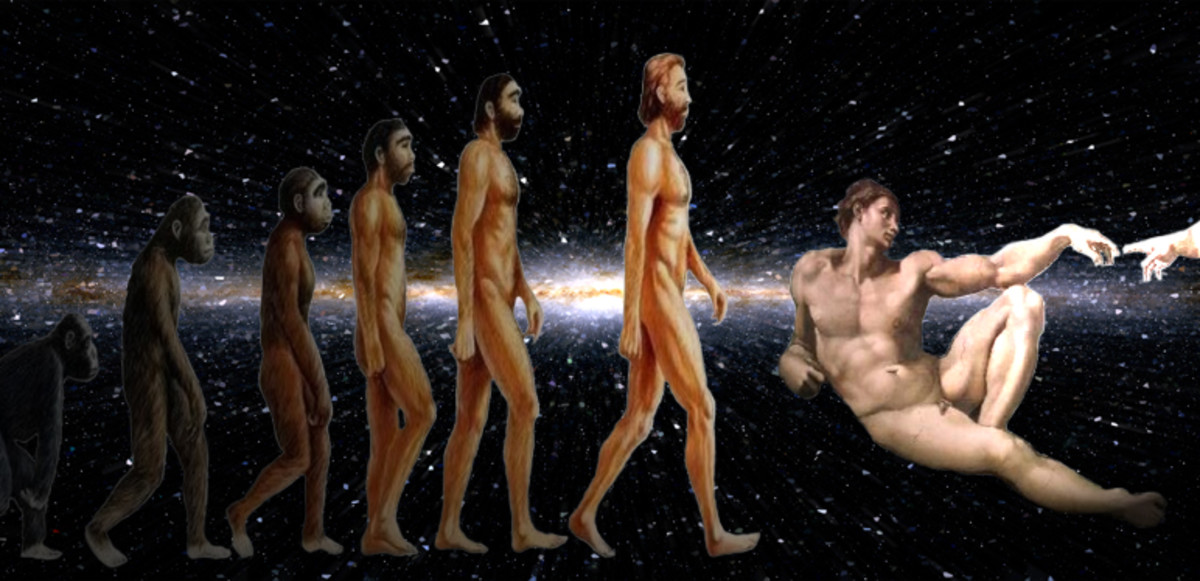NATURE OF MAN: SOME INSIGHT FOR EDUCATION

MAN AS EMBODIED SUBJECTIVITY
The man lives in two separate worlds, the temporal and spiritual. Man as embodied subjectivity brings into two very different entities: the body and the soul. There is difficulty in trying to understand how two diverse units can interact with one another.
Human body refers here to the embodiment of one’s subjectivity and consciousness, including also one’s sexuality. The body as the one who is the seat of needs and appetites, as the locus of physiological processes and metabolisms, as the target of attacks of germs and viruses. Furthermore, we could speak of the body as the biological base of our human existence or our inter-subjective and social existence.
The body, therefore, is considered as the all-embracing material or corporeal structure of the human person. It is from this regard that my body and your body that set forth the limits and boundaries of our human existence. Thus, we all need to protect and to care for our bodies because without our bodies that embody our subjectivities, there would be no other means for us to be mediated with our fellow human beings and with world.
Seeing man as embodied subjectivity makes it possible to comprehend how these two constituents exist together. Man creates meaning in everything through language which, in turn is manifested through embodiments of structures or gestures. He always seeks to epitomize the meaning he gives to objects by his gestures and actions. As embodied subjectivity, man subsists in a world where he creates meaning. The world is not a world if there is no man who gives meaning to it. Man has his own world where he gives meaning to those that are of importance to him and to speak of man is to speak of this world of his. Consequently, to speak of the world of one man is also to speak of this certain man. It is impossible to separate these two entities for to speak of one is to speak of the other.
One important thing that I have learned from the selection is that I am a human person because I have an understanding and mind of the human person. On the other hand, I also know that I cannot reduce my whole humanity to my body. I am also a spirit who has intellect and will, and my body is only something I have. Man can be divided into body and soul, and no doubt the soul is more real and important. However, that only the soul is man since a soul cannot become a soul if it is not a soul of the body. Moreover, it is not possible that only the body is man because a body is not a body if it is not a body of the soul. Therefore, man is still a unity of body and soul.
MAN-AS BEING IN THE WORLD
As an embodied subject, man is a being-in-the-world. The human body is link to the world and environment. Environment refers to the things around man that simply creates meaning which organize life. The world is full of handy things that hang together as a whole and which are meaningful to man. Some things or structures in the world would connote meaning to the life of man.
The human person as a there being is described and pictured in an existential perspective as a being-in-the-world-with-the-others. It emphasizes the most basic and primordial fact that our worldly life is a form of existence that is neither isolated nor disengaged in nature. Our existence in this world is not simply limited nor confined to our own private and personal lives. My existence as well as your existence is connected with the world as well as with the others
If the human being is really being-in-the-world, then this entails that the world itself is part of the fundamental constitution of what it means to be human. That is to say, I am not a free-floating self or ego facing a world of objects that stands over against me.
MAN AS BEING-WITH: INTERHUMAN AND THE SOCIAL
The world of man is not just the world of things but also the world of fellowmen. A man’s world is not comprised solely of things and objects. To address man as he exists in his world comes hand in hand with his interactions with other human beings. A man then interacts with other human beings in two ways: antihuman and social. A man gives meaning to the existence of another person in this world if this other person is important to him. In other words, man interacts and creates a dialogue between those who influence him and his life directly. He gives importance to the people he meets and communicates with on a constant basis. Accordingly, the people that pass by and affect him ambiguously are of no importance to him. He does not give great meaning to them nor does he recognize the true meaning of their existence. Language is the best proof of man as a social being. Man has created language in order to socialize with his fellowmen. In this case, “man lives within a society, and society lives within man.” Man as embodied subjectivity demands that he interact with his fellowmen. He seeks to make himself and his world known to others through communication with others.
“No man is an island” and a man cannot call himself a man if there is no one else to affirm his claim. Man becomes man only if there is another one to establish his humanity. Man as person then signifies his ability to embody the meaning he gives to others through love. Man then bases his interaction with others on love. Man was born in his human form. As he ages, matures, and lives, he becomes human. This humanity is gained by giving oneself to others in order to become complete. Man lives in order to find himself by finding meaning in his relationship with his comrades. It is only then that man can truly call himself human: when he realizes that the people around him make him whole. Man as embodied subjectivity exists in a world, his meaningful world, where he interacts with people by manifesting his love to them.
MAN AS A PERSON AND HIS CROWNING ACITIVITY IS TO LOVE WHICH PRESUPPOSES JUSTICE
The final aim of education, formal or informal is becoming a person. It is becoming whole integrating diverse activities in speaking, thinking, willing and feeling. Man in his uniqueness and irreducibility is an objective value. Accordingly, man will only become a person if he commit himself to other persons and this commitment is the foundation of what we call love. Love and justice conflict when love is regarded as being concerned with individual virtue and well-being, justice as being concerned with the relationship between groups within society.
Justice is an approximation of love under conditions of sin (Reinhold Niebuhr). This connection between love and justice is beautiful in its simplicity and expansive in its implications. It gives us the means the motive (the ideal of love), and the opportunity (our whole world, which is marked by imperfection and sin) for doing well in the world. Love is the maximum of justice, justice is the minimum of love.
Justice is recognizing that everyone deserves to be loved at least to a certain degree, whether they or others believe it or not. Loving someone the minimum, for instance, loving them enough to give them a fair trial after brutally murdering many people, is justice. Loving someone enough to try and help them understand how little love they are showing.
In recognizing that everyone deserves to be loved, being able to forgive for most things, for example, instead of scolding a child who has just broken an expensive vase, or knowing that the child already feels bad for breaking it, showing the child love with a hug and saying "its ok" is the maximum of justice, because in the long run, your love for that child is more important than the vase.









